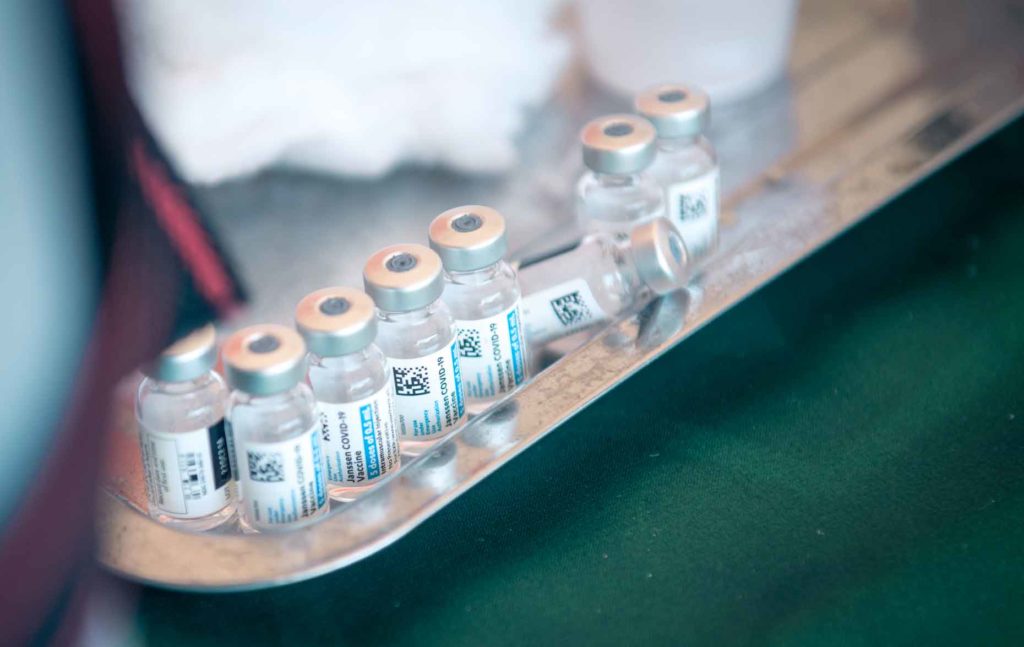Covid-19 could bring a new era of public health leadership. But will it?
Covid-19 could bring a new era of public health leadership. But will it?
This article was originally published in STAT News.

The bubonic plague — also known as the Black Death — killed as many as 200 million people in the mid-14th century, about one-third of the population of Europe. It was the deadliest epidemic in history, yet it gave birth to public health initiatives that survive today, including quarantines and checkpoints to stop the spread of disease.
In the wake of World War II, a wave of international collaboration created the World Health Organization. The HIV/AIDS epidemic spawned a new era of urgency and activism for international health efforts.
Great threats have historically been catalysts for change. Will the Covid-19 pandemic help make public health more valued, sustainable, and resilient? It’s possible, but not without sustained commitment in five areas:
Strengthen national public health institutions. These institutions are in charge of marshaling epidemic surveillance and planning national preparedness and response. They have proven their worth. In Nigeria, the Centre for Disease Control helped stem an outbreak of Lassa fever in 2018. The same year, Zambia’s National Public Health Institute tapped its new emergency response center for the first time for a cholera outbreak, coordinating local activities, analyzing laboratory data, and briefing national health leaders.
Efforts like these need a bigger global push. The International Association of National Public Health Institutes, which links these organizations to knowledge sharing and helps support public health institutes in lower-income countries, needs more members, partners, and funding.
Create more health data managers. Better surveillance, data analytics, and artificial intelligence can help pinpoint local outbreaks before they become epidemics or pandemics. Yet most low- and middle-income countries face challenges in getting data about disease and public health. They need tools, such as smartphone technology, software, and lab equipment, as well as skilled staff who can operate these tools and analyze the data from them.
These data managers must be able to share information with their own leaders and with the global health community without fear of political repercussion. During the early days of the pandemic in Wuhan, China, for example, local leaders were afraid to reveal the extent of the infection for fear of drawing blame or inciting panic, and did not have the freedom to coordinate with global infectious disease experts. The world lost precious time — and control of the virus.
Hire more community health workers. Well-coordinated and trained local staff or volunteers can spot, report, and ultimately stop infectious disease outbreaks. As happened in Haiti with Covid-19, countries can enlist local leaders to teach neighbors what causes an infection and how to prevent it. In addition to contributing to a safer, healthier, and more productive population, community health workers can generate substantial cost savings for families and health systems.
Convince the private sector to take a bigger stake in public health. When Covid-19 emerged, businesses large and small swung into action, leading vaccine development, developing tests, and manufacturing personal protective equipment to protect their employees, communities, and vulnerable people. To be sure, the business community has historically played an important role in supporting recovery from natural disasters and health emergencies. But these efforts have not been sufficiently institutionalized and maintained to be at the ready for the next health crisis.
The Private Sector Roundtable for Global Health Security, a coalition that mobilizes industry to help countries prevent and prepare for health crises, also helps companies protect their staffs and supports the response to the pandemic on every level. Beyond products, the private sector can contribute competencies and capacity to help countries respond more efficiently. For example, data analytics software company Qlik partnered with relief organizations to track Covid-19 cases and supplies. McCann Health worked with the Asian Development Bank and the World Health Organization in Asia on communication strategies for countries to develop and disseminate information to the public and key stakeholders about Covid-19.
Given the ongoing crisis, the work of groups like these is vital and should be amplified, supported widely, and solidified for future efforts.
Restoring trust. During times of public health crises, some leaders have displayed clear messages and firm empathetic stewardship from the start. Others have frayed confidence in public health locally and globally, sowing hearsay and fear, leaving citizens to figure out who to trust and how to protect themselves and their families.
During the 2014 Ebola outbreak, enlisting local representatives to back science-based solutions helped debunk myths and encourage people to seek treatment. Giving scientists a greater role in policy and communications, nationally and locally — including being primary public spokespersons — can also go a long way to instill trust.
An international survey from the Pew Research Center found that, in the fall of 2020, a median of 36% of people were likely to have “a lot of trust in scientists” to do what is right, a higher percentage than for national governments. Public health officials can also raise the profile of collaborative efforts that deliver trusted, real-time information, such as the Johns Hopkins University Coronavirus Resource Center, which was born from the current pandemic in March of 2020 and has now had more than 1 billion views.
The Covid-19 pandemic will take its place in the annals of history as a seismic global health crisis. One way to offset its hideous toll is by fundamentally changing public health efforts so we never experience another pandemic like it. The alternative, inaction and future vulnerability, is unthinkable.
Global organizations, national leaders, local health officials, and others must commit now to new policies, procedures, and investments to turn these hard lessons into a more effective, resilient, and responsive era of public health leadership.